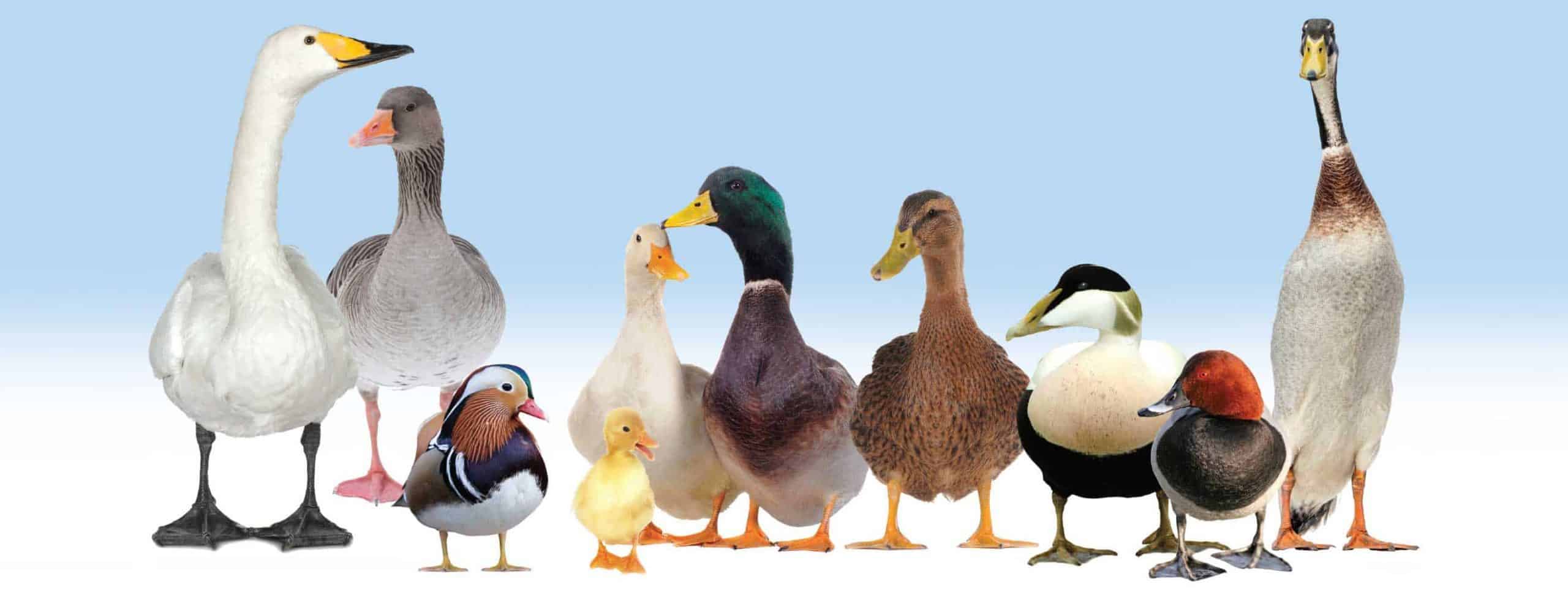Experimenting with your pet ducks? This study seems pretty reasonable — from the great man’s book Origin of Species:
“Some species of fresh-water shells [i.e., mollusks] have very wide ranges, and allied species which, on our theory, are descended from a common parent, and must have proceeded from a single source, prevail throughout the world. Their distribution at first perplexed me much, as their ova are not likely to be transported by birds; and the ova, as well as the adults, are immediately killed by sea-water. I could not even understand how some naturalized species have spread rapidly throughout the same country. But two facts, which I have observed – and many others no doubt will be discovered – throw some light on the this subject. When ducks suddenly emerge from a pond covered with duck-weed, I have twice [at least n>1] seen these little plants adhering to their backs; and it has happened to me, in removing a little duck-weed [Genus: Lemna, the original word coined by Theophrastus, a student of Aristotle, to mean “aquatic plant,” in the first book about plants ever written, 300 B.C.!] from one aquarium to another, that I have unintentionally stocked the one with fresh-water shells from the other. But another agency is perhaps more effectual: I suspended the feet of a duck in an aquarium, where many ova of fresh-water shells were hatching; and I found that numbers of the extremely minute and just-hatched shells crawled on the feet, and clung to them so firmly that when taken out of the water they could not be jarred off, though at a somewhat more advanced age they would voluntarily drop off. These just-hatched molluscs, though aquatic in their nature, survived on the ducks’s feet, in damp air, from twelve to twenty hours; and in this length of time a duck or heron might fly at least six or seven hundred miles, and if blown across the sea to an oceanic island, or to any other distant point, would be sure to alight on a pool or rivulet.”
We highly reccommend ‘People of Science with Brian Cox - Sir David Attenborough on Charles Darwin'



